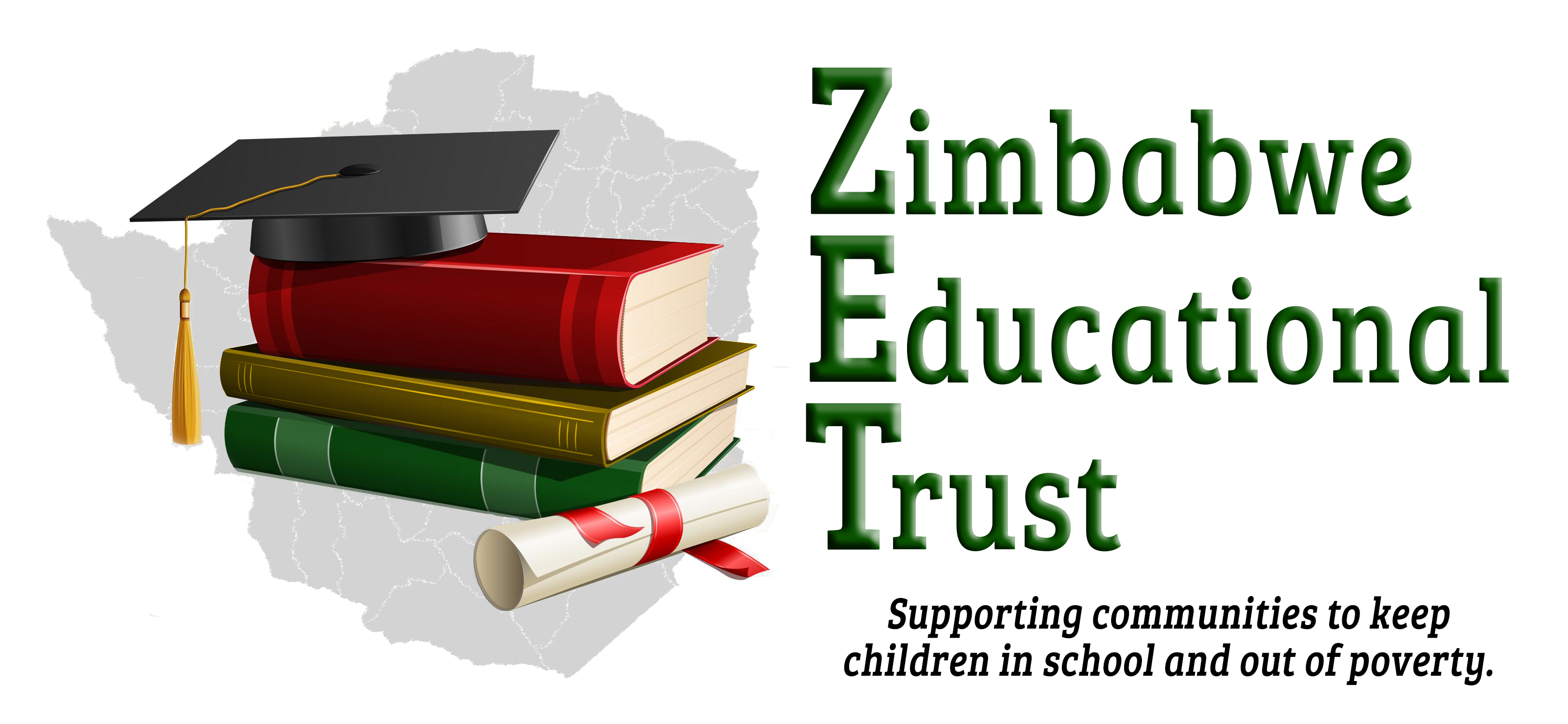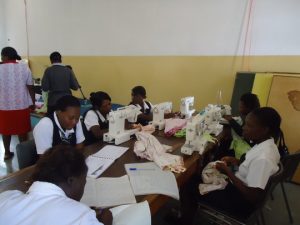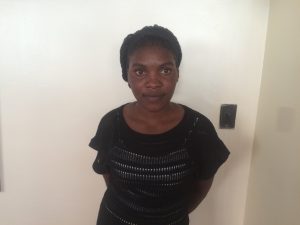ZET Blog: UNICEF Zimbabwe Education Plans
Zimbabwe’s education system, once arguably the best on the continent, has been deteriorating over the past 10 years and has been seriously affected by the declining financial assistance to the sector. In the absence of significant national government financing, which is a result of massive hyperinflation, economic restrictive constraints, and political instability, a complex system of fees, levies and ‘incentives’ has evolved that has significantly disadvantaged the poorest. Further, some thirty two per cent of learners no longer continue their school beyond grade seven. This consistent decline in public expenditures on non-salary costs has had a significant impact on school and learning supervision, availability of information for planning and policy and the relations of school governance, which has in turn led to a significant decline in the quality of school environments, the relevance of the education system and the placement of skilled teaching personnel.
In response to the challenges in the education sector, the Education Transition Fund (ETF) was launched in September 2009 by the Ministry of Education, Sport, Arts and Culture (MoESAC), and was aimed at improving the quality of education for children through the provision of essential teaching and learning materials for primary schools, and high level technical assistance to MoESAC.
The ETF, in addition to assuring consistency in funding levels during the transition period, has found that a pooled fund mechanism has helped to increase alignment with Government priorities, promoting ownership, coordination and reducing fragmentation. As such, despite the fragile nature of the recovering education sector, new opportunities exist providing a ripe environment for the rapid consolidation and improvement of the education system.
improving.
As the education sector transitions into a phase of long term recovery, the overall goal of the second phase of the ETF will be to support the continued revitalization of the education sector by assisting the Government of Zimbabwe to realize its objectives of achieving universal and equitable access to quality and relevant basic education for all Zimbabwean children. ETF II is outlined in three key thematic areas which are guided by MoESAC’s buy cialis on line Strategic Investment Plan (2011). These areas are outlined below:
The first phase of ETF focused on the emergency revitalisation of the education sector, and on the distribution of essential school stationery and core textbooks for primary and secondary schools. However, the transitionary nature of the second phase of ETF will see the programme, under the direction of MoESAC, and in line with its Strategic Plan, focus more on the systems and structures that provide education, in turn building the capacity of MoESAC, including Zimbabwe’s teachers to deliver quality and relevant education for all. The programme will focus on investing resources at the school level across the country through the development of a block grants initiative with the aim of reducing user fee costs for all learners. These grants will allow schools to reconstruct WASH facilities, repair school infrastructure (including teacher houses), purchase essential teaching and learning materials and procure teacher and student furniture, allowing for rapid scale up if future funding permits.
The second phase of the ETF will support the following key activities:
? The finalisation of a national sector planning framework for education, with corresponding provincial and district level plans, directed by the Ministry of Education, Sport, Arts and Culture;
? The development of a national school grants initiative, delivering critical investment (including WASH) at school level, to assist in the reduction of financial barriers to education for both boys and girls;
? In-service training of at least 100,000 teachers in modern pedagogical and subject based skills, with a focus on improving the basic teaching skills of at least 10,000 unqualified teachers;
? Training of at least 300 key Ministry personnel at the national, provincial and district level, as well as some 8,000 school heads to strengthen their system management capacities related to planning, implementation, supervision and monitoring, linked to priorities outlined in the emerging 5 Year Strategic Plan;
? The development of a fully revised, modern, market oriented and culturally appropriate curriculum framework, with corresponding tested syllabi for all ECD, primary and secondary levels;
? Development of a second chance education











